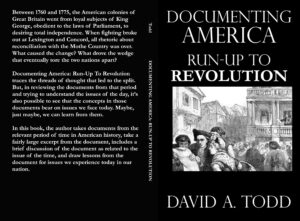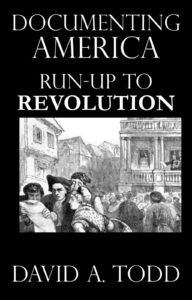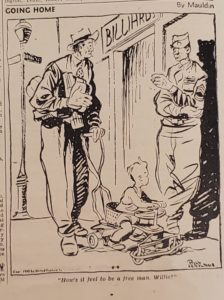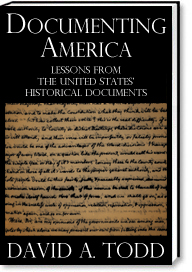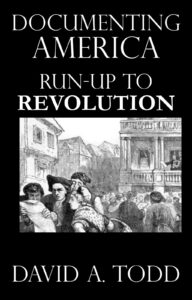
In my U.S. history studies, I discovered James Otis Jr. and his writings early in the growing dispute between Great Britain and her American colonies. In his The Rights of British of the British Colonies Asserted and Proved in 1764, he wrote this.
That the colonists, black and white, born here, are free born British subjects, and entitled to all the essential civil rights of such, is a truth not only manifest from the provincial charters, from the principles of the common law, and acts of parliament; but from the British constitution, which was reestablished at the revolution [of 1688], with a professed design to lecture the liberties of all the subjects to all generations.
Well, so far so good. Rights are for both blacks and whites. Otis was far, far ahead of most leaders in the colonies in being against slavery, in believing whites and blacks had the same rights. I’m not 100 percent sure he meant this for all blacks as opposed to free blacks, but he definitely was against slavery.
But Otis also exhibited what I call a colonial blind spot concerning slavery, for he also wrote this:
We all think ourselves happy under Great Britain. We love, esteem and reverence our mother country, and adore our King. And could the choice of independency be offered the colonies, or subjection to Great Britain upon any terms above absolute slavery, I am convinced they would accept the latter.
Per Otis, Great Britain could do almost anything to the colonies in the way of short of “absolute slavery” and the colonies would stay with Britain. But he falls into the trap of equating lack of representation in Parliament with slavery. Here’s how I explained it in Documenting America: Run-Up To Revolution:
But I think Otis, to some extent, falls into a trap so many of the Founders did when he wrote that the colonists would be willing to accept more British control “upon any terms above absolute slavery.” I find this echoed in the writings of many of the Founders. Taxation without representation equals slavery is a common theme. They go on to say, We won’t be slaves, and a revolution resulted. They are essentially saying, Slavery is a bad thing. Yet many saying that owned slaves and treated them like a commodity, to be used up until they died then buy some more.
If you carry the logic out, were they not saying, Slavery is acceptable for Africans but not for Europeans. Or, Slavery is acceptable for people with black skin but not for those with white? Why was it not acceptable for whites? Because it was evil. So they were really admitting, We will treat black-skinned people in an evil manner, but we will not let others treat us white people that way. Yes, it was racism.
Fortunately, we have come a long way since then. We don’t think that government oppression, however we might define that, is slavery. No, slavery—especially the race-based slavery of the 1700s—was something much, much worse. Those that hated what Parliament was doing and said it made them slaves, didn’t understand what slavery really was.
So the way the leaders in America brought forth the arguments that led to the American Revolution were blind as far as slavery went. Surprise, surprise.
